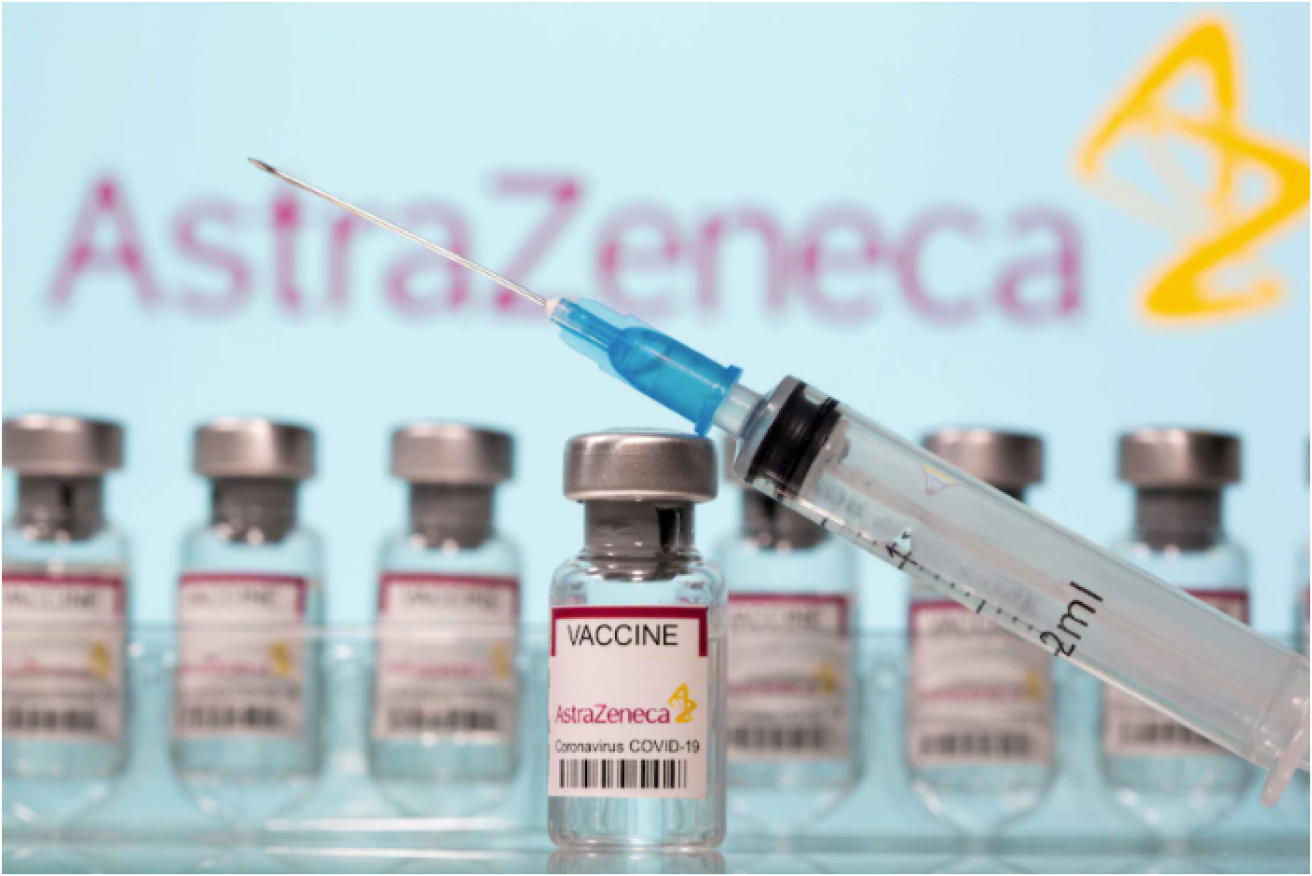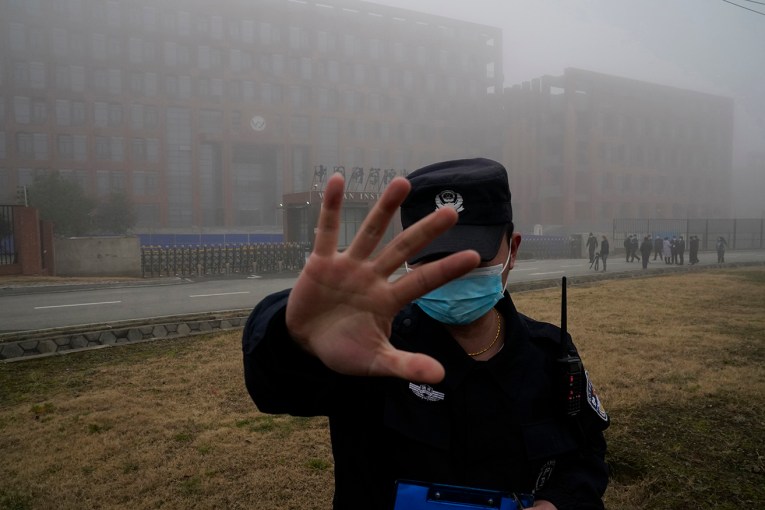Denmark gives up on AstraZeneca and J&J vaccine divisions emerge across Europe

AstraZeneca is now available to Australians under 40, if they want it. Photo: Reuters
Denmark has become the first country to stop using AstraZeneca’s COVID-19 vaccine altogether over a potential link to a rare but serious form of blood clot. This is the vaccine Australia is rolling out now and making in Melbourne.
Elsewhere in Europe, division reigned over rollouts of the similar Johnson & Johnson vaccine, which has also seen rare cases of blood clots. Belgium and France said they would go ahead, while Spain, Italy and Greece put them on hold.
The European Medicines Agency (EMA) is expected to issue a recommendation on Johnson & Johnson’s vaccine next week, but that it continued to believe the benefits of the shot outweighed the risks of side effects.
US federal health agencies recommended pausing the J&J vaccine for at least a few days after six women under age 50 developed rare blood clots after receiving the shot.
Deliveries had already begun in some European countries but authorities took differing approaches on whether to restrict use of the single-shot vaccine.
The EMA said J&J was in contact with national authorities and recommended storing doses already received until the safety committee issued an expedited recommendation.
The delay came as a further blow to Europe’s faltering vaccinations campaign, which has been hit by problems ranging from poor coordination between national and regional authorities to a damaging contractual row with AstraZeneca.
Possible delay until December
“Here we are in the hands of God: if it goes right it goes right, if it goes wrong it goes wrong. I don’t know, I don’t know what to say,” said Rome resident Annamaria Gingaroli.
Scientific information and analytics company Airfinity said suspension of J&J’s vaccine could delay efforts to vaccinate most people in the European Union by over two months to December.
Earlier this month, European regulators said they had found a possible link between AstraZeneca’s COVID-19 vaccine and a similar rare blood clotting problem to the one connected to the Johnson & Johnson shot.
The EMA has recommended AstraZeneca’s vaccine be used, saying the benefits outweigh the risks.
Want to know more about the rare cases of blood clotting? Read this.
Denmark drops AstraZeneca altogether

Australia is reliant on the vaccine being made at its Melbourne plant. Source: AAP
But several EU countries have limited its use to certain age groups, and on Wednesday, Danish authorities said they were dropping the AstraZeneca vaccine altogether.
The British-Swedish drugmaker said it respected the Danish decision and said it was a matter for each country to decide on their vaccination programmes.
Results of investigations into the AstraZeneca-associated blood clots “showed real and serious side-effects”, Danish health agency head Dr Soren Brostrom told a news briefing this morning (Australian time).
“We have therefore chosen to continue the vaccination programme for all target groups without this vaccine,” Dr Brostrom said.
The decision comes after two cases of thrombosis in Denmark were linked to vaccinations, AFP reported. One of the cases, in a 60-year-old woman, was fatal.
Dr Brostrom said joint studies based on Danish and Norwegian health data estimated that one in 40,000 people vaccinated with the AstraZeneca shot could expect to experience this serious complication, with nothing conclusive related to age or gender.
He said Denmark had come far in inoculating the elderly population most at risk of contracting a serious form of the virus.
Future target groups for vaccination had a lower risk of that.
“This must be weighed against the fact that we now have a known risk of serious harmful effects … with the COVID-19 vaccine from AstraZeneca, even though the risk in absolute numbers is small,” Dr Brostrom said.
So Denmark’s decision should solely be seen in a Danish context, and “I understand very well why other countries will use it,” he said.
Denmark was the first country to initially suspend all use of the AstraZeneca vaccine in March over safety concerns.
South Africa exposed
Meanwhile, South Africa’s decision to suspend the use of the Johnson & Johnson vaccine due to preliminary reports of rare blood clots has left the country without any shots as it struggles to combat an aggressive coronavirus variant.
The suspension is the latest setback for South Africa’s efforts to immunise its population.
It ditched plans to kick-start vaccinations with AstraZeneca’s vaccine in February because a small trial showed the shot offered minimal protection against mild to moderate illness from the dominant local coronavirus variant.
– with AAP








